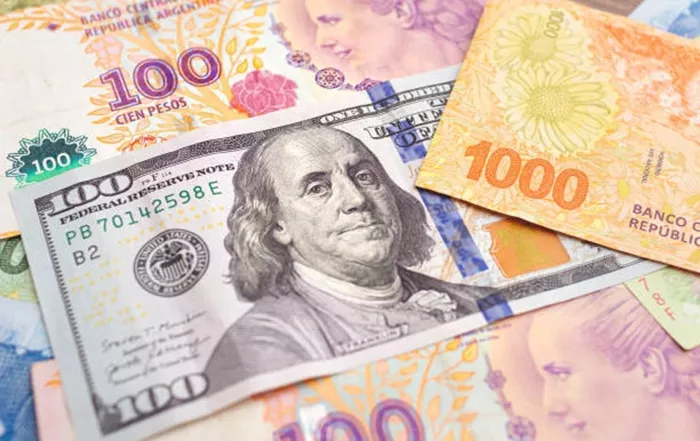Argentina has taken a cautious step back into global financial markets by selling $1 billion in peso-denominated bonds, its first major bond sale in seven years.
This move signals growing investor confidence after a period marked by extreme inflation exceeding 270% a year ago. However, the high yield of nearly 30% on the bonds reveals lingering investor concerns about the country’s economic stability.
President Javier Milei faces pressure to prove that Argentina’s economic recovery is sustainable ahead of October elections. Inflation has dropped significantly to about 50% annually, down from over 270% last year.
The government secured a $20 billion loan from the International Monetary Fund (IMF) and cut spending sharply, maintaining public support despite nearly 40% of Argentines living in poverty.
Argentina’s total debt is around $300 billion, with $60 billion in dollar-denominated bonds. The IMF program calls for a return to dollar-based financing in global markets, a key step to solidify the recent recovery.
Economist Gustavo Ber described the bond sale as an important milestone toward refinancing future dollar debts. The government reported demand for the five-year notes was 1.7 times the $1 billion offering, but the 29.5% yield exceeded the expected 25%. Investors can sell the bonds back after two years.
Market reactions were mixed. Prices of Argentina’s dollar bonds rose slightly, indicating some support. Yet, prices for peso debt fell, and yields on 10-year local notes increased to about 27%.
HSBC strategist Clyde Wardle noted that the high yields in pesos suggest investors are wary, especially as inflation is expected to fall to around 10% in the next two years. If inflation continues to decline sharply, the government might be pressured to print pesos to pay bondholders.
Argentina’s peso has weakened about 9% against the dollar since mid-April, following eased capital controls. The government aims to boost foreign reserves by $4.4 billion by mid-June to meet IMF targets, but analysts doubt this goal will be reached.
HSBC’s Wardle said the bond sale shows current investor limits and that Argentina still faces uncertainty over growth and affordability of dollar debt issuance.
Additional measures like attracting more foreign direct investment and central bank reserve purchases are needed to open the door for Argentina to access dollar sovereign debt markets early next year, said economist Armando Armenta of AllianceBernstein.
READ MORE:


